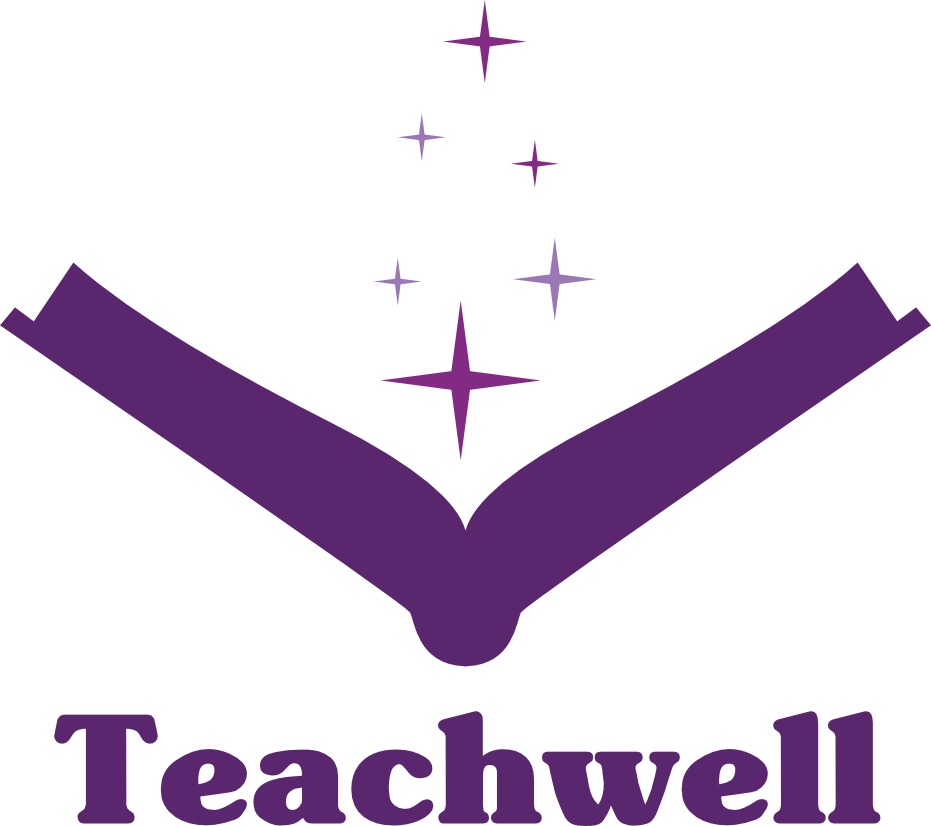Reforming the Key Stage 2 Reading SAT – Why it’s Needed and Possible.
What is the point of the Key Stage 2 Reading SAT?
In its current state, there isn’t one.
My experience of teaching in primary including Year 6, developing and teaching a knowledge-rich English curriculum and greater understanding of what reading comprehension is and isn’t, leads me to the conclusion that the Key Stage 2 Reading SAT is not testing what it’s supposed to be testing.
Before exploring this issue further, here’s some information about my views:
- I have no objection to testing children in primary school.
- I think teachers and schools should be accountable to the taxpayer via the government and parliament*.
- I think that all children have the right to a knowledge-rich, unashamedly academic curriculum throughout primary, regardless of whether it leads to later academic study or not**.
- I disagree with any proposals to reduce the intellectual content and rigour of the Reading test. I do not think the inclusion of The Park in last year’s SAT is going in the right direction and think we need more challenging texts like Music Box.
Why is the KS2 Reading SAT not fit for purpose?
What I will be arguing in a mini-series of blogs is that:
- It is not a test of reading.
- While it is reliable, it is not a valid test as it does not test what it claims to (generic reading comprehension skills) and does not provide information that is valuable or appropriate for its purposes (comprehension).¹
- It aims to measure a sample of a content domain but it confuses some of the means of assessing reading comprehension (for example, inference questions) with reading comprehension itself.
- The test awards no marks for what it is claiming to measure and assess (reading comprehension skills) but awards marks instead for knowledge (which it is not attempting to measure or assess).
- The knowledge domain that it does measure and assess cannot be reasonably taught, measured, assessed, nor one that teachers or schools can be held accountable for.
- The test is not based on research or evidence highlighting the vital role that background knowledge plays in comprehension.²
- The test is inequitable. The knowledge it tests is not linked directly to the statutory objectives outlining the substantive knowledge for any of the subjects in the National Curriculum and disadvantages disadvantaged pupils in comparison to their advantaged peers, even when the former do well on the test.
- It negatively impacts on the curriculum as well as teaching and learning in Year 6, and (particularly if schools use similar tests to measure progress) in other year groups.
- The test, in its current format, provides no useful information for ongoing development in teaching and learning or the curriculum in any school.
- Unreformed, the SAT will hinder the nascent development of a knowledge-rich primary English curriculum, a joined up English Literature curriculum between primary and secondary, the development of subject-knowledge CPD for primary teachers and securing genuine improvements in pupils outcomes in reading comprehension.
The reforms that I think are necessary, are as follows:
- End the use of unseen extracts (which include unstudied content).
- That the subject content of the non-fiction extract be taken from the subject domains for Science, History and Geography in the National Curriculum but only for units where the knowledge lends itself to a national assessment***.
- The fiction extracts should be from texts set and taught in Year 6 but linked to literary text types outlined in the National Curriculum for Key Stage 2.
The upcoming blogs will focus on:
1. Validity: What the KS2 Reading SAT claims to test, what it actually tests and why it is not valid.
2. Unseen Extracts: Why the use of unseen extracts is unclear, unjust as it disadvantages the most disadvantaged pupils and yields little to no information that will lead to improvements in teaching and learning.
3. Accountability: How the KS2 Reading SAT creates perverse incentives for teachers and schools (not just in Year 6) and is not a suitable measure for accountability.
4. Reform: How a reformed KS2 Reading SAT can pave the way to the development of a primary English knowledge-rich curriculum and subject specific teacher development.
* It’s not going to be possible to convince someone, who, as a finance officer of a charity, created a rigorous policy that would hold me and any future incumbent to account, that trust is enough. The education system has moved from being high-trust low-accountability to high-accountability low-trust. Calls for no testing will not, in my opinion, support a move back to the former position. Only improvements in curriculum and assessment systems that do hold us to account (in a reasonable manner) will. If we won’t suggest it ourselves, especially in primary, it’ll be imposed on us, like it already is.
** I think we do need to improve the status and quality of vocational education but don’t think this is in conflict with a strong academic curriculum up to 14 or 16. I think there are arguments for both ages but this is a separate issue. The debate about what should be on the curriculum and why is separate too and won’t be addressed in this or subsequent blogs.
*** Not all units do allow this. One option could be this is focused on Year 6 content only but that would require primary schools to agree on units to be taught prior to the SAT. In addition, this would further place the burden on Year 6 teachers shoulders which I don’t agree with.
¹Kime, S., (2017), Four Pillars of Assessment Validity (https://evidencebased.education/pillars-assessment-purpose-validity/)
²Willingham, D.T., (2009), Why Don’t Students Like School? A Cognitive Scientist Answers Questions About How the Mind Works and What It Means for Your Classroom. San Francisco: Jossey-Bass.

